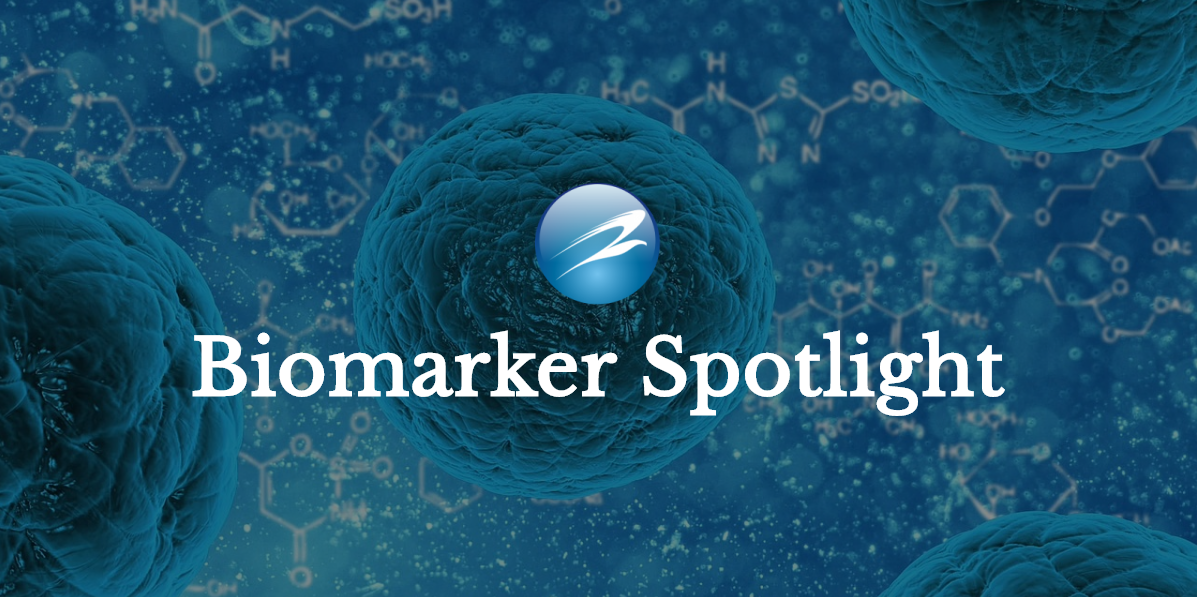
Sclerostin is a secreted glycoprotein that functions as a potent inhibitor of Wnt signaling. It acts by binding to the Wnt-coreceptor LRP5/6 thus inhibiting bone formation by regulating osteoblast function and promoting osteoblast apoptosis. Sclerostin is primarily produced by osteocytes. It inhibits the canonical Wnt pathway and thereby osteoblasts. It also stimulates RANKL release by the osteocytes and thereby osteoclast recruitment. Inhibition of sclerostin causes stimulation of bone formation and inhibition of resorption. Read more about sclerostin’s role in bone remodeling here.
Sclerostin levels are altered in response to hormonal stimuli or due to pathophysiological conditions. The concentrations are increased in disorders such as hypoparathyroidism, Paget’s disease, multiple myeloma and in cancer induced bone diseases. Mutations in the SOST gene can cause sclerosteosis and van Buchem disease which are bone dysplasia disorders characterized by progressive skeletal overgrowth. Sclerostin levels are decreased in primary hyperparathyroidism, as well as by the mechanical stimulation of bone.
A mini-review was published in the The Journal of Clinical Endocrinology & Metabolism regarding the effect of sclerostin inhibition on the cardiovascular safety of patients. Read the full text here.
Eagle Biosciences offers a sensitive and reliable assay for the detection of sclerostin in serum and plasma samples.
Advantages of the Sclerostin ELISA Assay Kit
-
- High Quality – rigorously validated according to ICH/FDA/EMEA guidelines
- Low Sample Volume – only 20ul of sample per well
- Easy – ready to use protocol, standards and controls included
Related Products
Osteoprotegerin ELISA Assay Kit
Free Soluble RANKL ELISA Assay Kit
FGF23 C-Terminal ELISA Assay Kit
If you are looking for any other specific related products, or have any questions about our offerings contact us here.
